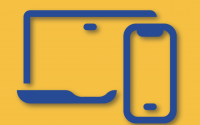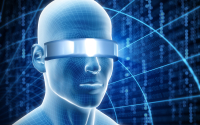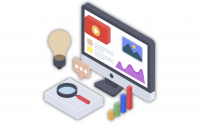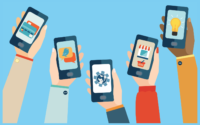Research-based learning in education studies: Design inquiry using group e-Portfolios based on blogs
Research-based learning (RBL) is an approach that aims to engage students in research activities within their study discipline. Since this method puts the focus on the learner, Web 2.0 tools are considered to provide good support in enhancing collaboration processes, which are necessary in conducting research in real-life situations. The link between RBL and the […]















